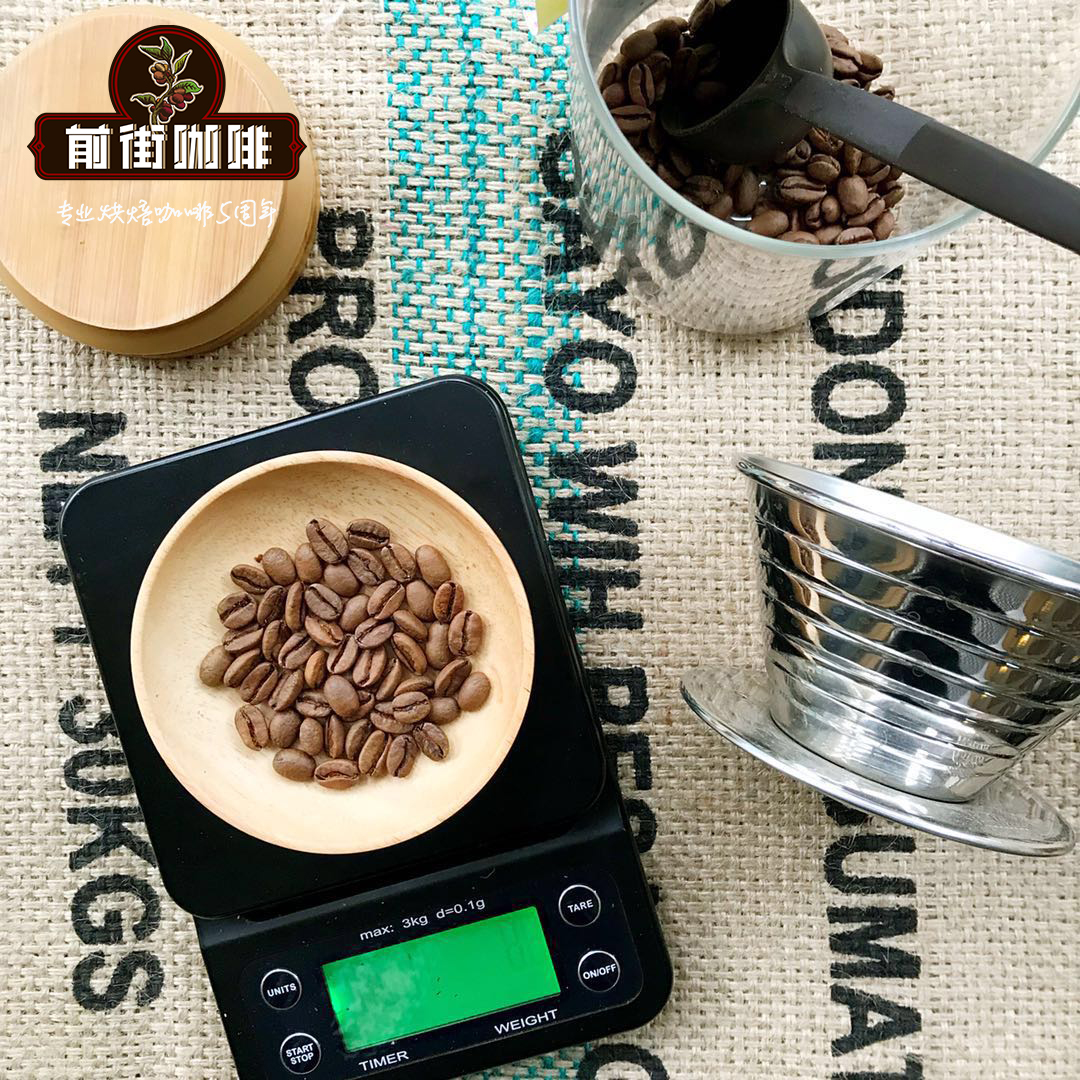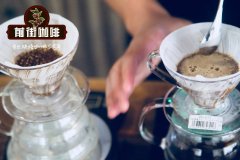2018 Mexico MWP Chiapas Fair Trade Decaf Coffee Bean_Mexican Decaf Coffee Is Good to Drink

Professional coffee knowledge exchange more coffee bean information please follow the coffee workshop (Wechat official account cafe_style)
2018 Mexican Coffee MWP Chiapas Peasants Union Fair Trade decaf
2018 Mexico MWP Chiapas GRAPOS FTO Decaffeinated Coffee
Flavor description: mild citric acid, lemon, sweetness and nutty finish. Taste Notes: Mild and citric with lemon flavor and a nutty aftertaste.
Country: Mexico (Mexico) region: Chiapas (Chiapas) Farm: Chiapas Peasants Union (Chiapas GRAPOS FTO) beans: iron pickup, Bourbon, New World, Kadouai (Tipica, Bourbon, Caturra, Mondo Novo, Catua í) treatment: Swiss water treatment altitude: 900m-1600 m net weight per bag: 185g original price $138Special price: $98 (earbags can be made, 10 packets per box of 11g+/-0.5g X, plus $15)
Swiss water treatment: first put the coffee beans in warm water, wait for caffeine to dissolve with others, extract caffeine from the essence with activated carbon, and then introduce the non-caffeinated essence back to the previous coffee beans to reabsorb the lost ingredients. The Swiss water treatment method emphasizes that no chemical solvent is used for extraction, so it is another option for health considerations. In addition, the decaf coffee treated by this method is expensive. There are 12 main coffee-producing areas in Mexico, of which Chiapas is located in the southernmost part of Mexico, near the border between the Pacific Ocean and Guatemala, at an altitude of 2500-4000 meters. The mountains are mostly volcanic areas and the soil is volcanic ash. High altitude and fertile volcanic soil give birth to the smooth taste and moderate acidity of coffee beans. The coastal windward side of Chiapas is affected by the northeast monsoon, and the summer rainfall is sufficient, which brings abundant water resources, so the coffee fruits of Chiapas are mostly refined by washing or semi-washing, retaining the original aroma and flavor of raw beans.
GRAPOS, or Grupo de Asesores de Producci ó n Org á nica y Sustentable S.C., is a group of coffee producers located in the southern Mexican state of Chiapas, adjacent to the Biosphere Reserve (La Biosfera del Triunfo). GRAPOS was founded in 2007, when there were only 90 farmers, and by 2016, there were 3253 farmers, covering micro areas including Soconusco, Siltepec, Porvenir and Tapachula in Chiapas. Coffee in GRAPOS covers an area of about 5560 hectares and is 9-1600 meters above sea level. The harvest season is from November to March. The members of GRAPOS are mainly small farmers, with a per capita planting area of 3 hectares. Many varieties of coffee beans are grown, including Ironhide Card, Bourbon, New World (Mondo Novo) and Kaduai. The average age of coffee trees is between 10 and 20 years old, and the annual production of raw coffee beans reaches 0.5 metric tons (metric tons). GRAPOS obtains Fair Trade and Organic Certification (Fair Trade and Organic). In addition, GRAPOS provides necessary services to its members, including financial and technical assistance and community development programs. Other cash crops include bananas, pumpkins, corn, black beans, cocoa and rambutan (a tropical tree that produces fruit of the same name), and members and their families also make handmade textiles to gain additional sources of income.
END
Important Notice :
前街咖啡 FrontStreet Coffee has moved to new addredd:
FrontStreet Coffee Address: 315,Donghua East Road,GuangZhou
Tel:020 38364473
- Prev

Mexico COE Coffee three Seasons Orange Manor Story _ what are the Mexican Coffee brands
Professional coffee knowledge exchange more coffee bean information please follow Coffee Workshop (Wechat official account cafe_style) winning bean Mexican Coffee 2017 Excellence Cup fourth place in three-season orange manor delicate floral, sweet variety of fruits, including berries, pineapples, limes, sweet citrus, lemon wasp grass, honey, delicate aftertaste and changeable flavor of this Mexican coffee-Zhuo
- Next

Introduction of organic coffee beans in Chiapas Chiapas plateau, Mexico _ how to drink Mexican low-caffeine coffee beans
Professional coffee knowledge exchange more coffee bean information please pay attention to the level of alpine characteristics in the coffee workshop (Wechat official account cafe_style) Chiapas taste, which is also excellent in Mexican coffee, with Tapachula Chiapas marked on the raw bean package. The city of Tapachula is an important commercial and agricultural center, and Mexican coffee is still a member of the
Related
- Detailed explanation of Jadeite planting Land in Panamanian Jadeite Manor introduction to the grading system of Jadeite competitive bidding, Red bid, Green bid and Rose Summer
- Story of Coffee planting in Brenka region of Costa Rica Stonehenge Manor anaerobic heavy honey treatment of flavor mouth
- What's on the barrel of Blue Mountain Coffee beans?
- Can American coffee also pull flowers? How to use hot American style to pull out a good-looking pattern?
- Can you make a cold extract with coffee beans? What is the right proportion for cold-extracted coffee formula?
- Indonesian PWN Gold Mandrine Coffee Origin Features Flavor How to Chong? Mandolin coffee is American.
- A brief introduction to the flavor characteristics of Brazilian yellow bourbon coffee beans
- What is the effect of different water quality on the flavor of cold-extracted coffee? What kind of water is best for brewing coffee?
- Why do you think of Rose Summer whenever you mention Panamanian coffee?
- Introduction to the characteristics of authentic blue mountain coffee bean producing areas? What is the CIB Coffee Authority in Jamaica?

